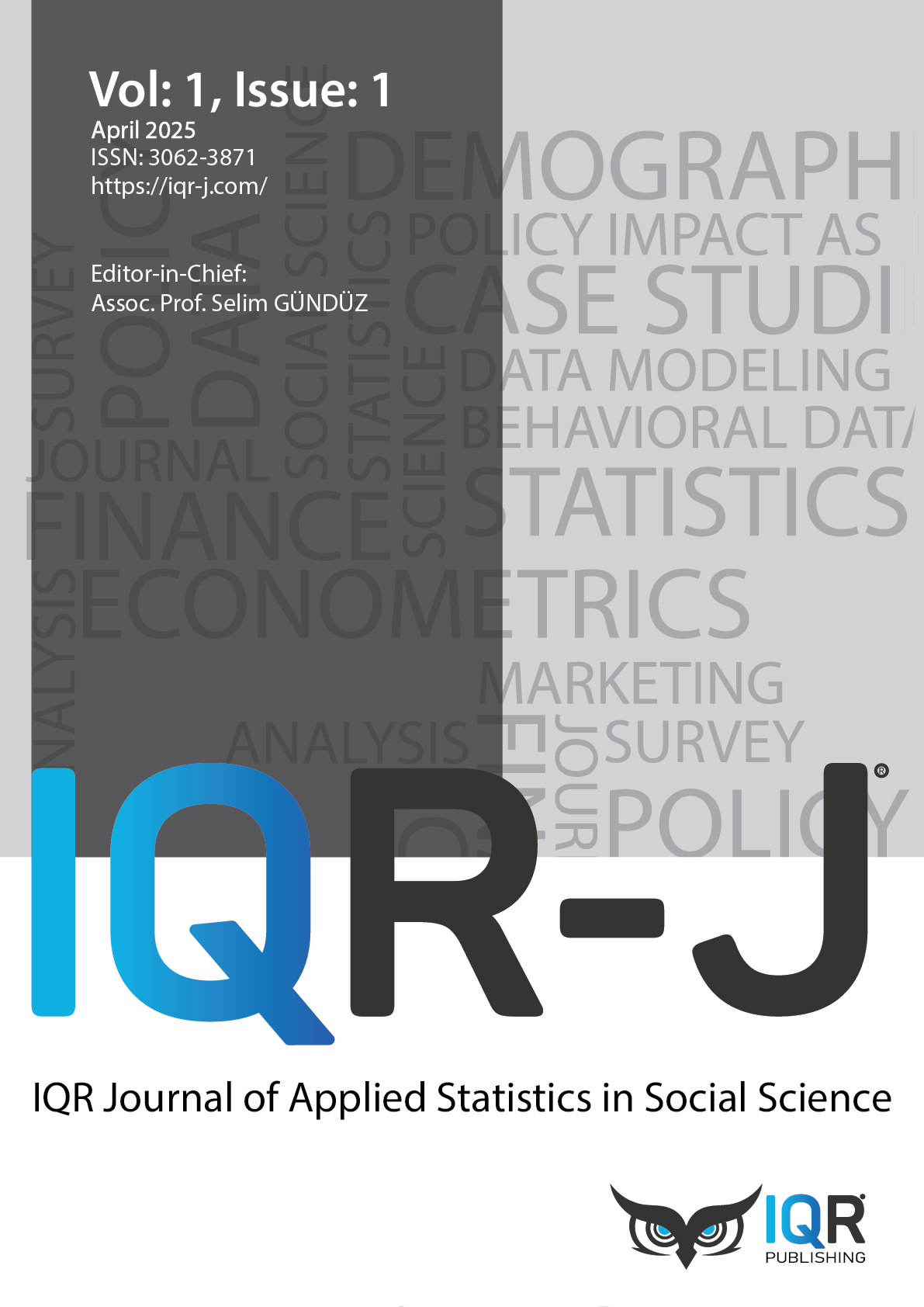TÜRKİYE’DE TÜKETİCİ GÜVEN ENDEKSİ ve ENFLASYON ARASINDAKİ İLİŞKİ: ESTAR ve FOURIER ESTAR EŞBÜTÜNLEŞME TESTLERİNDEN KANITLAR
Author :
Abstract
Tüketici güven endeksi, tüketicilerin mevcut ekonomik koşullara ve geleceğe yönelik
beklentilerini yansıtan önemli bir ekonomik göstergedir. Bu gösterge aracılığıyla bir
ülkedeki ekonomik politikaları ve tüketicilerin gelecek dönemde yapacakları yatırım ve
tasarruf eğilimlerini nicel olarak değerlendirmek ekonomik analizlerde önemli bir veri
kaynağı olmaktadır. Dolayısıyla, tüketici güven endeksi ve diğer ekonomik değişkenler
arasındaki ilişkiyi birlikte değerlendirmek de ekonomik politikaların daha etkili bir şekilde
uygulanması bakımından önem arz etmektedir. Bu çalışmada, birbirini doğrudan etkileyen
ve ekonomik istikrar üzerinde önemli etkileri olan tüketici güven endeksi ve enflasyon
arasındaki uzun dönem ilişki eşbütünleşme analizi ile incelenmektedir. Bu amaçla,
yumuşak geçişli otoregresif (STAR) modellere dayalı Kapetanios vd. (KSS)(2006) testi,
Maki (2010) ve yapısal kırılmaların sayı, şekil ve tarih fark etmeksizin Fourier fonksiyonu
ile modellendiği, üstel fonksiyonlu STAR (ESTAR) modele dayalı ilk test olan Güriş ve
Sedefoğlu (2022) eşbütünleşme testi kullanılmaktadır. 2007-2024 yıllarına ait aylık veriler
İstanbul Ticaret Odası ve Türkiye İstatistik Kurumu’ndan elde edilmiştir. Test sonuçları
tüketici güven endeksi ve enflasyon arasında eşbütünleşme ilişkisi olduğu ve bu iki
değişkenin uzun dönemde birlikte hareket ettiği yönündedir.
Keywords
Abstract
The Consumer Confidence Index is a crucial economic indicator that reflects consumers'
perceptions of current economic conditions and their expectations for the future. Through
this indicator, economic policies in a country, as well as consumers' future investment and
saving tendencies, can be quantitatively assessed, making it a significant data source in
economic analyses. Therefore, evaluating the relationship between the Consumer
Confidence Index and other economic variables is essential for the effective
implementation of economic policies. In this study, the long-term relationship between the
Consumer Confidence Index and inflation, two interrelated variables with significant
effects on economic stability, is examined through cointegration analysis. For this purpose,
the Kapetanios et al. (KSS) (2006) test, which is based on Smooth Transition
Autoregressive (STAR) models, the Maki (2010) test, and the Güris and Sedefoğlu (2022)
cointegration test, which is the first test based on the Exponential STAR (ESTAR) model
where structural breaks are modeled with a Fourier function regardless of their number,
shape, or timing, are employed. Monthly data covering the period from 2007 to 2024 are
obtained from the Istanbul Chamber of Commerce and the Turkish Statistical Institute. The
test results indicate the presence of a cointegration relationship between the Consumer
Confidence Index and inflation, suggesting that these two variables move together in the
long run.





